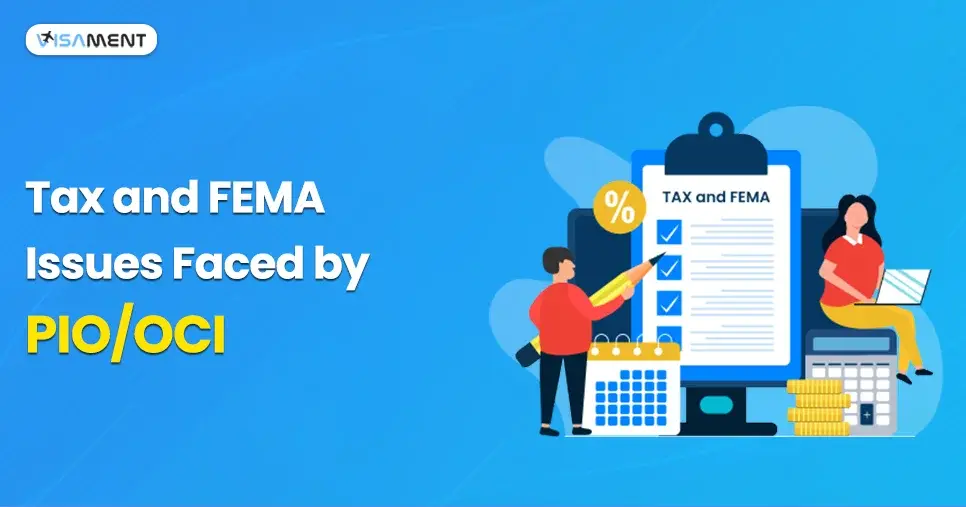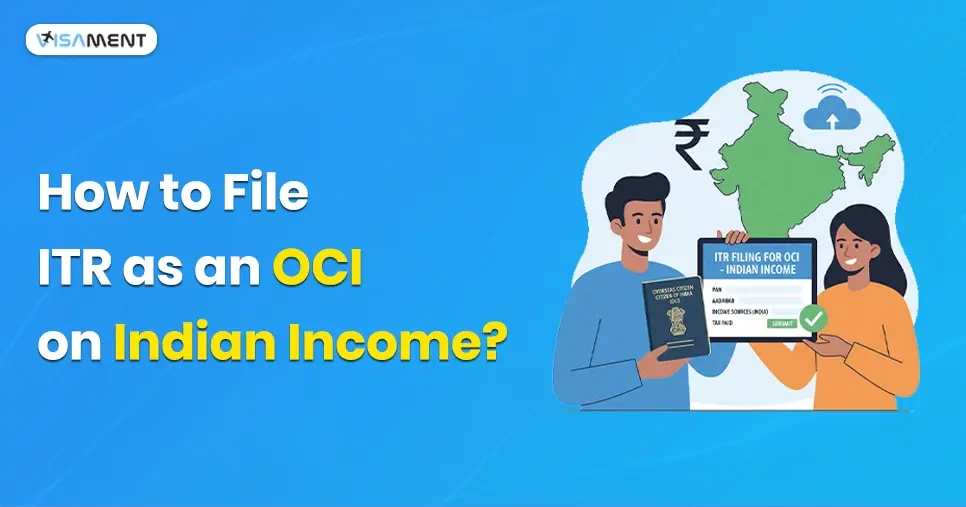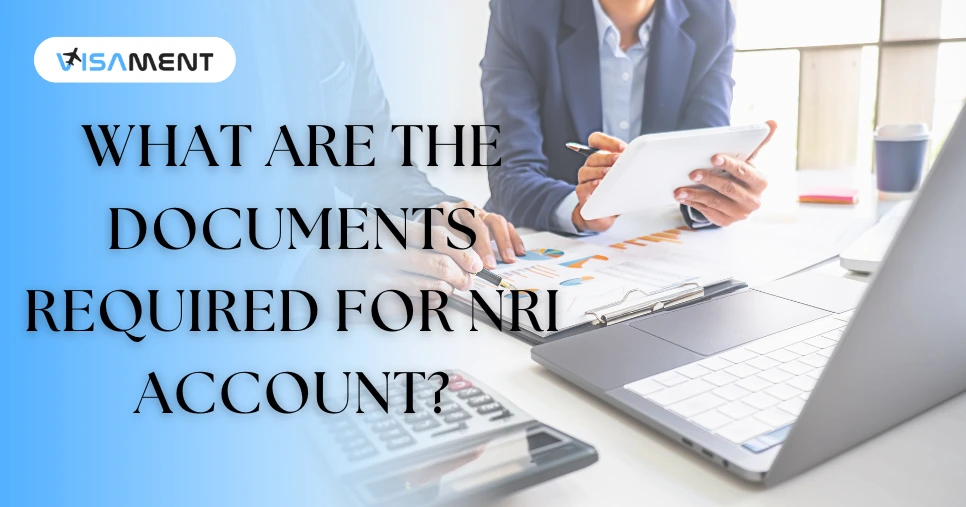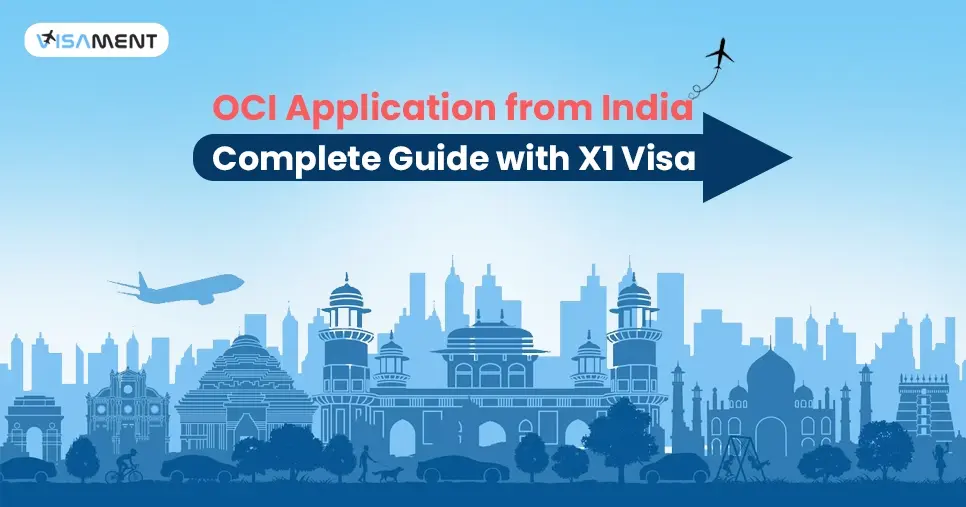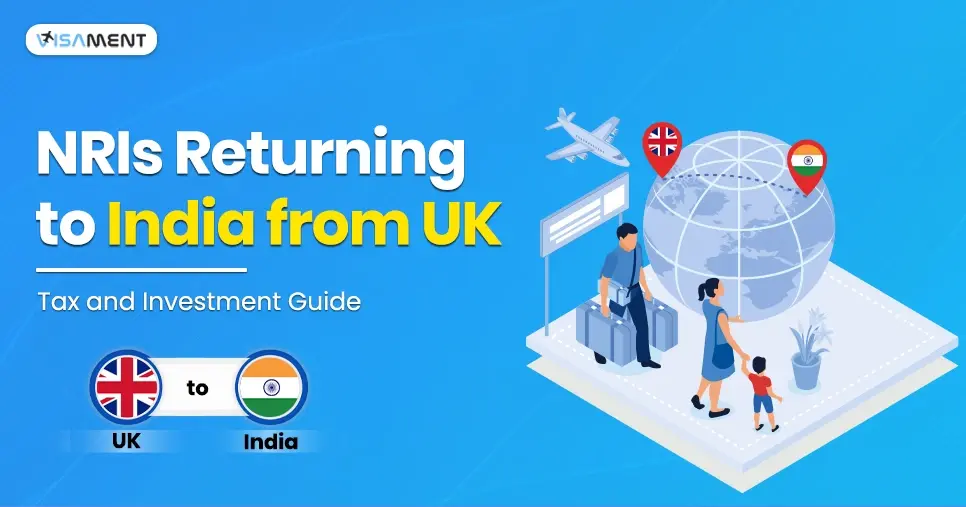- Key Takeaways
- Common Reasons Why NRIs Move Back to India from Malaysia
- Banking to Do for NRIs Returning to India from Malaysia
- Investment Management for NRIs after Returning to India
- Tax Implications of an NRI After Returning to India
- Common Challenges NRIs Face When Moving Back to India
- Final Thoughts
Moving back to India from Malaysia can be a mix of emotions, especially if you are an NRI. However, returning to India is not just about buying an aeroplane ticket.
It includes a lot of documentation, tax implications, managing foreign investments, and converting bank accounts. So, keep reading this guide to know a well-structured transition back to India from Malaysia.
Key Takeaways
- NRI returns from Malaysia to India due to personal reasons, to strengthen family ties, and for better work or a budget-friendly lifestyle.
- The residency status will determine how your Income will be taxed in India.
- Through the DTAA, you can avoid paying the tax on the same income twice.
- Staying in India for more than 182 days will be considered as an Indian resident.
Common Reasons Why NRIs Move Back to India from Malaysia
India is one of the major developing countries, which provides many opportunities and a budget-friendly lifestyle. Here are some common reasons NRIs return to India.
- Reunited with family: One of the common reasons for NRIs returning to India is meeting family members and strengthening relationships further.
- Career Opportunity: India offers NRIs multiple career paths across fields such as finance, economics, corporate, and technology.
- Affordable Living Cost: NRIs return from Malaysia to India to get an affordable and simple lifestyle, including housekeeping and education, as compared to Malaysia.
- Connects with Roots: most of the NRIs return to India because of staying with their original roots and cultures.
Banking to Do for NRIs Returning to India from Malaysia
NRIs who have returned to India from Malaysia need to manage their various accounts in India, including Non-Resident Ordinary (NRO), Non-Resident External (NRE), and Foreign Currency Non-Resident (FCNR) accounts.
An NRI needs to convert NRE/NRO accounts into an Indian resident savings account as per the Reserve Bank of India (RBI) and Foreign Exchange Management Act (FEMA) regulations, through an Indian bank.
Here are a few Banking Needs for an NRI returning to India.
NRO Account: The NRO account needs to be converted into an Indian resident savings account.
NRE Account: After an NRI returns to India, you will not be able to continue using your NRE account once you obtain resident status. To use, you need to convert your NRE account into an Indian savings account.
FCNR Account: You can use your FCNR Account til maturity. After maturity ends, you need to open an Indian savings account and transfer all your money, ot you can use an RFC Account.
International Bank Accounts: An NRI can use their International bank account (which they have opened in a foreign country when they were an NRI after moving back to India from Malaysia. However, they need to follow all the guidelines and rules of the Reserve Bank of India (RBI) to continue using an international bank account.
Have questions? Our experts guide you through every step of the Tax Planning for Returning NRI – no confusion, no delays.
Consult an Expert TodayInvestment Management for NRIs after Returning to India
When an NRI returns to India from Malaysia, they need to manage all their foreign investments that are taxable in India, like fixed deposits (FDs), demat accounts, and mutual funds.
Mutual Funds: An NRI needs to link their NRI bank account to an Indian resident savings account and can easily transfer all their mutual funds to an Indian resident account after getting the resident status in India. Additionally, you also need to update your KYC by providing all the bank details and Foreign Account Tax Compliance Act (FATCA) (CRS) status.
Demat Account: When an NRI move back to India, then he or she needs to convert the NRI demat account into an Indian resident demat account or close it by contacting your broker.
Securities which are held in the NRE/NRO demat account will not remain the same as before due to the conversion rules and PIS permissions. Furthermore, you need to contact your depository and complete all the KYC and PIS formalities in accordance with SEBI/RBI rules and update the Common Reporting Standard (CRS) in Malaysia.
Fixed Deposits (FD): NRIs need to convert their NRE/NRO FD account into an Indian FD account. Conversion will not impact the taxation, and you will be taxed and get the same interest rates as before, on applicable tax rates.
Foreign Investments: NRIs are allowed to hold the foreign investments that they made when they were NRIs, according to the Foreign Exchange Management Act (FEMA) regulations.
To hold your foreign investments and assets after returning to India, you need to mention your foreign investments and assets in the Income Tax report and follow all the rules and obligations for the transfer of assets.
There are various types of foreign assets, like securities, bank deposits, property and many more, for which you need to check the updated FEMA/RBI guidelines.
Tax Implications of an NRI After Returning to India
After returning to India from Malaysia, an NRI changes residency status, which determines their tax liability.
Here are the eligibility conditions given below to see the residency stats of an NRI. If they meet all the conditions given below, then they will be considered as a "resident of India", and if they fail to meet those conditions, then they will be regarded as Non-resident Indians".
- If you stay for more than 182 days in a financial year, then you will be considered a resident of India.
- Or, if the number of stays in India for more than 60 days in a financial year, and 365 days in the last 4 preceding years.
→If you are a citizen of India or an Indian origin individual who left India for employment purposes to work on an Indian ship as a crew member, then the above 60 days will be substituted for 182 days in a financial year.
→If you are a citizen of India or an Indian origin NRI, whose total income is less than 15 lakhs INR, excluded from all foreign income sources, and visited India, then your stay above 60 days will be substituted by 182 days in a financial year.
→If you are an Indian citizen or a person of Indian origin with a total income of more than 15 lakhs INR apart from the foreign income sources and have visited India, then the above 60 days will be exchanged for 120 days.
→A deemed resident is liable to pay any taxation in the other foreign country to be a resident in India if their total income is more than 15 lakhs INR, according to Section 6(1A).
Furthermore, the residency status is also divided into two more statuses, which are Resident and Ordinarily Resident (ROR), and Resident but Not Ordinarily Resident (RNOR).
Here are some eligibility criteria given below. If you meet those conditions, you will be considered an RNOR; if you fail to meet them, you will be considered a ROR.
1. RNOR and ROR Conditions
- You should be a non-resident for the last 9 out of 10 financial years.
- The number of stays in India should be 729 days or lower in the previous 7 years.
- If you are qualified for the Deemed Resident.
Note: Your income will be taxed worldwide if you do not meet the RNOR status requirements.
2. If you are an Indian citizen or of Indian origin and visited India during a financial year
- If you have an Indian sourced income of more than 15 lakhs INR in a financial year.
- The duration of stay in India should be between 120 and 182 days.
See the table given below to check the taxation of income for the RNOR and ROR.
| Particulars | Non-Resident (NR) | RNOR | ROR |
|---|---|---|---|
| Any Income which is earned or arises in India or deemed to have arisen in India | Taxable |
Taxable |
Taxable |
| Income received or deemed to be received in India | Taxable | Taxable | Taxable |
| Income arises or is accrued outside India | Non-Taxable | Non-Taxable | Taxable |
DTAA Between India and Malaysia
The Double Taxation Avoidance Agreement (DTAA) helps NRIs claim tax credits and avoid double taxation on the same income in both countries.
DTAA provides a smooth financial management in accordance with both countries' tax systems.
Here are some of the benefits of the DTAA;
- NRIs can get tax credits in India.
- There are a few types of Income, such as capital gains, dividends, and royalties, that are taxed only in one country, depending on the source of income.
Common Challenges NRIs Face When Moving Back to India
Here are some of the common challenges that NRIs face while returning to India from Malaysia.
- Not understanding the Global income taxation.
- Not filing the DTAA properly results in paying tax twice.
- Delays in banking and fund transfers due to incomplete documentation.
- A complex process to understand the Indian investment system.
Stop worrying about delays. Apply now and get Indian Counsellor Services.
Chat NowFinal Thoughts
Returning to India from Malaysia includes a lot of documentation, taxation implications, converting NRE/NRO accounts, and managing investments. Managing all these things alone can be difficult.
To reduce the burden, choose Visament services, which offer a well-planned structure to help you easily move from Malaysia to India without any inconvenience. We handle all the documentation—tax implications, foreign assets and investments, etc.
At the Visament, we have a team of experts with years of experience in these fields who will help you smoothly complete your return journey without any errors. For more information, you can contact the Visament support team, which is available 24/7 to help you with your queries and issues.
Note: This guide is intended for general purposes only. The views shared here are personal and do not represent the official positions of the Visament. Neither Visament nor the author shall be held for any direct or indirect loss arising from decisions made based on this content.
Frequently Asked Questions
Your resident status is determined by the number of days you have spent in India. If you stay in India for more than 182 days in a financial year, then you will be considered a resident.
You need to convert your NRE account within 90 days after returning to India, and update the NRO accounts accordingly.
Yes, if you become a resident in India, then you will need to update your PAN card and Aadhar card details.
Malaysian properties are taxed in both countries, but with the help of the DTAA, you can claim the tax credits.
Yes, you may need to file the tax returns in both countries. However, with the help of DTAA, you can claim the tax credit and avoid your income from being taxed twice. The income tax obligation depends on the tax residency status during the financial years in both countries.
The foreign income is usually tax-free during the RNOR period, but if you become an Indian resident, you need to pay taxes on the income you have earned.
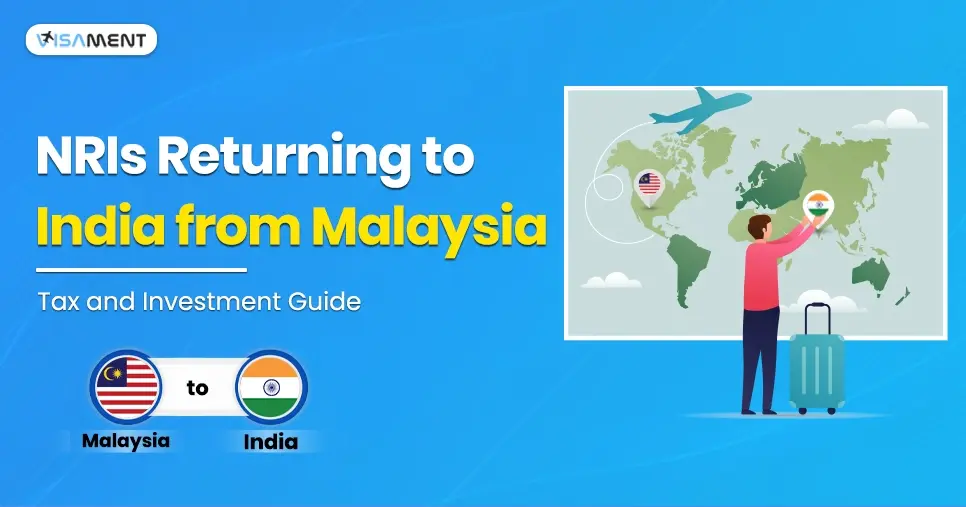
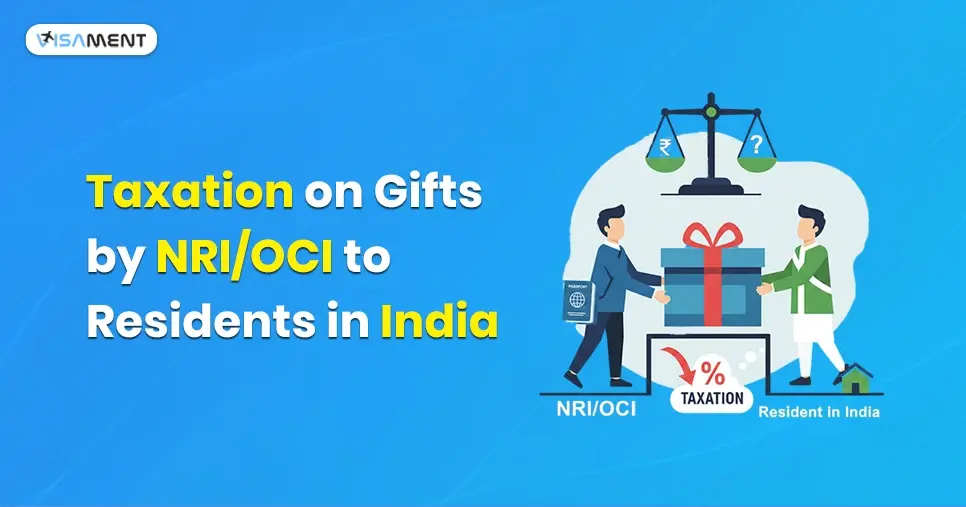
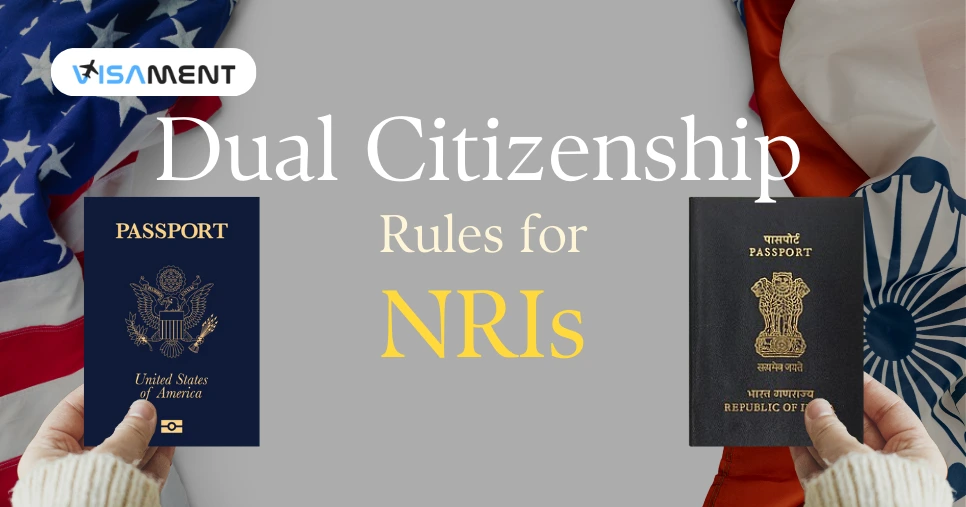
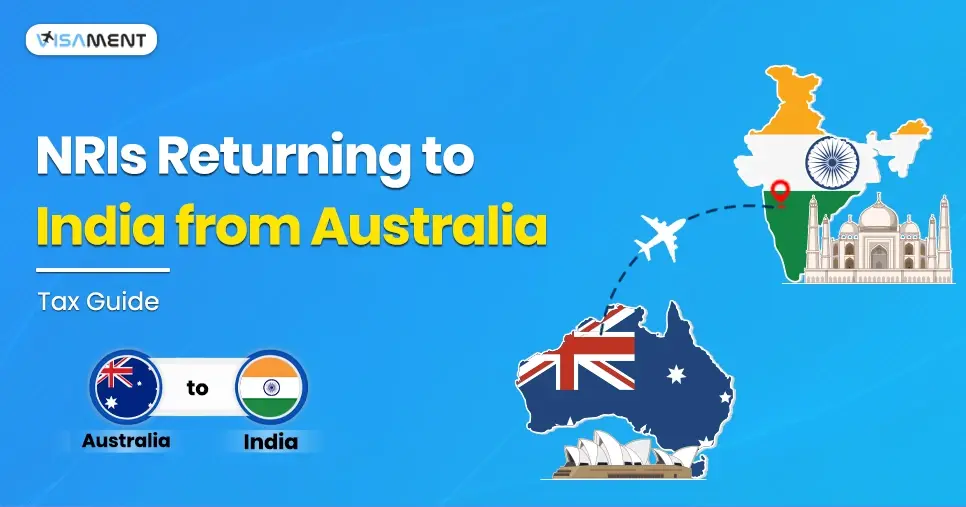

_1742386512.webp)
